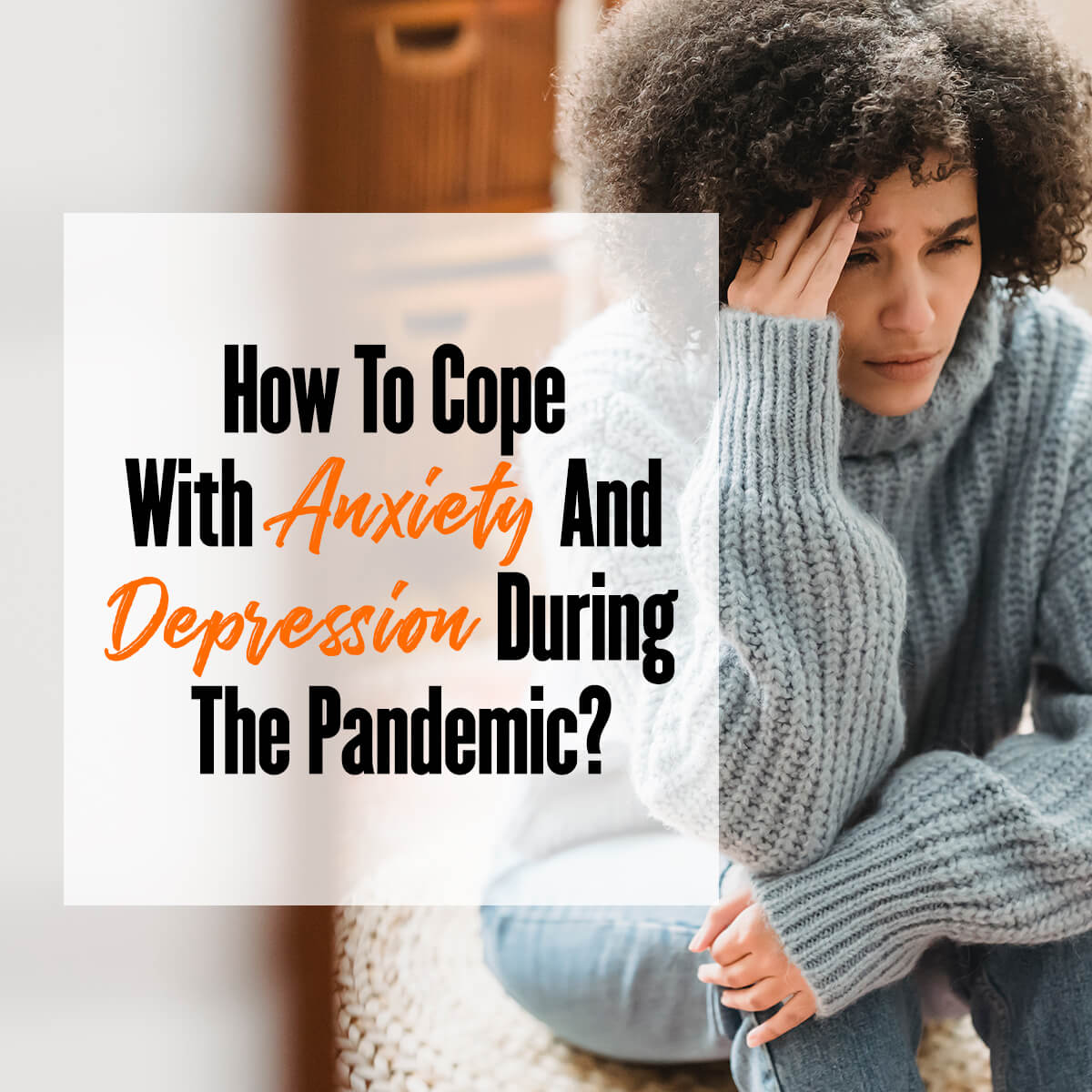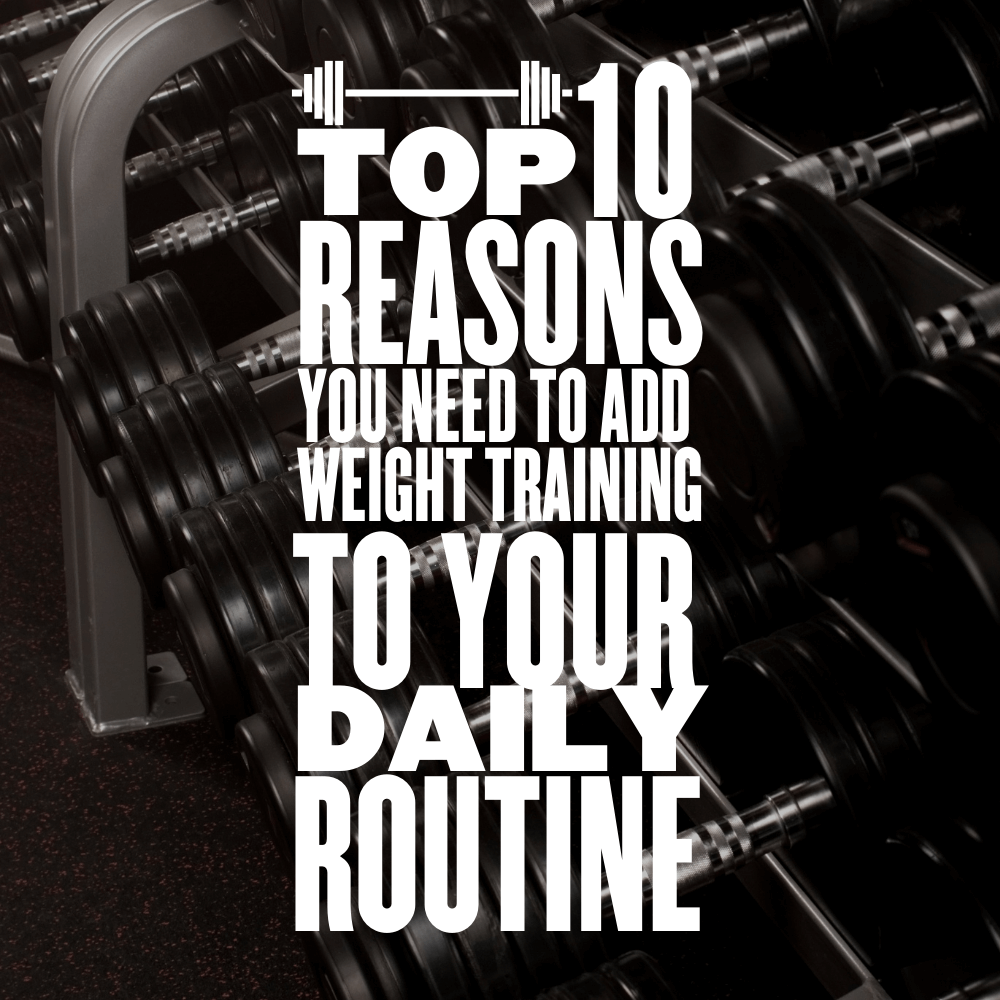
How to Cope with Depression: Navigating Anxiety and Depression During the COVID-19 Pandemic
Jason Nista
Healthy Lifestyle
|
Mental Health
4 minute read
During the COVID-19 epidemic, many individuals have struggled with how to cope with depression and experienced increased depression and anxiety during the pandemic. This period brought with it unparalleled worry and uncertainty. The challenges of isolation, financial stress, and general unpredictability have exacerbated the levels of depression and anxiety during the pandemic. This, in turn, has compounded its already profound impacts on physical health. Remember, navigating these challenges doesn't mean you're alone; there are methods and tools available to assist you.
Understanding How to Cope with Depression and Anxiety
Depression and anxiety during the pandemic, which are prevalent mental health issues, can be triggered or worsened by events as stressful as a pandemic. Anxiety is defined by feelings of concern about the future, which can lead to physical symptoms like increased heart rate and shallow breaths.
On the other hand, knowing how to cope with depression is crucial, as it's marked by a profound feeling of hopelessness. Changes in eating habits, sleep cycles, and energy levels often accompany it. Both conditions can significantly impact one's daily functionality and overall well-being.
Isolation, financial challenges, and concerns for what's next have heightened depression and anxiety during the pandemic for many. Furthermore, the pandemic has disrupted numerous individuals' daily routines, making adjustments even more challenging and stressful.
How to Cope with Depression and Anxiety During the Pandemic
Coping with depression and anxiety during the pandemic can be challenging, but there are numerous strategies and resources available to help. Here are some suggestions for navigating depression and anxiety during the pandemic:
1. Embrace self-care:
Self-care is paramount when learning how to cope with depression, especially in trying times. Engage in activities that offer joy and relaxation, maintain a balanced diet, ensure adequate sleep, and stay active. These activities are proven to decrease stress and improve overall mood.
2. Connect with loved ones:
Reaching out to friends and family via phone, video calls, or other technologies is crucial, particularly when social distancing makes in-person meetings less feasible. Sharing your feelings with those you trust can provide a comforting sense of support.
3. Consider counseling or therapy:
Many professionals now offer online sessions, providing an easier avenue to seek help without leaving home. Therapy provides techniques to address depression and anxiety during the pandemic and a safe space to express feelings.
4. Evaluate medication options:
For some, medication can be a viable solution when considering how to cope with depression. Consult with a healthcare professional about potential treatments suitable for your situation.
Managing Depression and Anxiety in Specific Situations
Along with general strategies, it's crucial to tackle particular challenges that arise during the pandemic:
1. Address feelings of social isolation:
For those living alone or separated from family due to the pandemic, combating the effects of isolation can be tough. While technology can help maintain connections, consider joining online support groups or community volunteering when feasible.
2. Tackle work and financial-related stress:
Many grapple with financial challenges and job insecurities due to the pandemic. Stay informed about available resources like financial aid and unemployment benefits. Combining self-care and strong familial bonds can also alleviate work and money-related anxiety.
3. Support children and teens:
Children and teenagers might struggle with the pandemic's unpredictability, potentially heightening their depression and anxiety. Engage them in open discussions about their feelings, fostering a nurturing environment. Reducing exposure to potentially distressing news or social media can also help mitigate stress.
Remember, understanding how to cope with depression, and managing anxiety during the pandemic, requires patience, support, and utilizing available resources.
Conclusion
The unprecedented challenges posed by the COVID-19 pandemic have seen a surge in individuals grappling with depression and anxiety. While these times are daunting, it's paramount to recognize that there are actionable strategies and resources available to navigate these emotions. From prioritizing self-care and maintaining connections to seeking professional aid, the journey of learning how to cope with depression and managing anxiety during the pandemic is one that doesn't have to be embarked on alone.
FAQs
What triggers the increase in depression and anxiety during the pandemic?
The surge in depression and anxiety during the pandemic can be attributed to factors like social isolation, financial stressors, disruptions in daily routines, and general unpredictability related to the virus.
How can individuals maintain connections during periods of social distancing?
While physical gatherings might be limited, individuals can maintain connections by utilizing technology. Phone calls, video chats, online support groups, and community volunteering platforms are avenues to stay connected with loved ones and the broader community.
Is online therapy as effective as in-person sessions?
Online therapy can be just as effective as in-person sessions for many individuals. It offers a convenient method to seek help, especially when leaving home isn't an option. Always ensure you're consulting with a licensed and reputable professional.
Related Articles
Benefits of Weightlifting for Your Body and Mind
9 minute read
How to Start a Diet and Stick to It!
6 minute read



